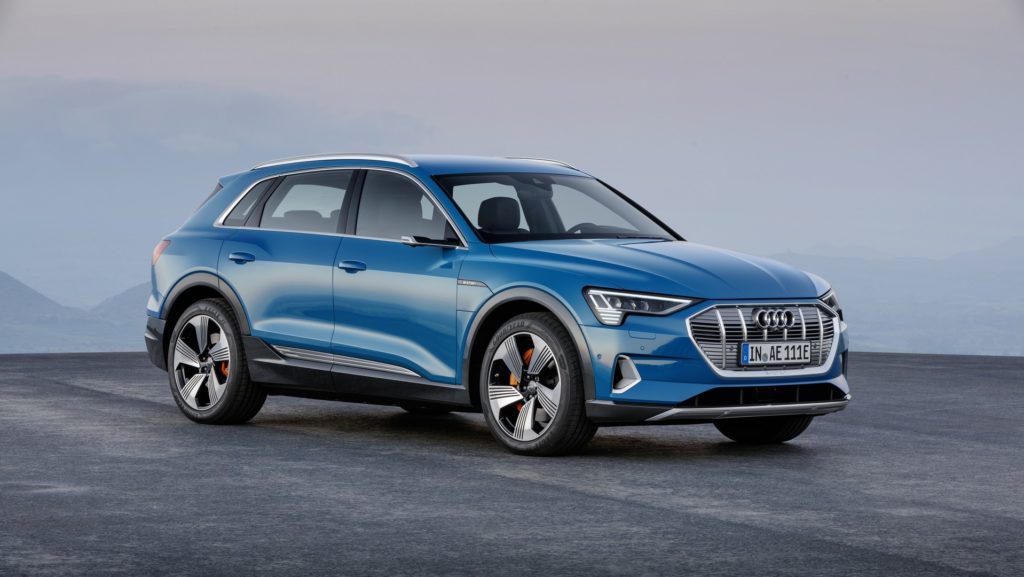The Volkswagen Group will start testing a fleet of ten fully autonomous Audi e-Tron in the Haiheng district of the Chinese city of Hefei, which has about 80 km of roads with infrastructure compatible with smart vehicles. Residents of the area will be able to “summon” these autonomous taxis using a Volkswagen app.
“This is our first pilot project in China that seeks to link the automotive, electrical, and digital worlds to benefit consumers,” said Volkswagen China Executive Vice President Weiming Soh. According to the manager, this project could later be extended to other cities, although at the moment there is no specific schedule.
China is today one of the critical points in the development of autonomous driving technology, with Hefei being one of the country’s primary references thanks to the commitment of local authorities to new driving technologies, as evidenced by the deployment of infrastructure specific for autonomous vehicles on their streets.
“We feel very close to the Hefei government. You have the desire to achieve this [the advancement of autonomous driving], and we join. If you want to make cars, you need many suppliers, and that creates jobs. If we choose [Hefei] as our base, we will generate it,” Soh adds.
It is not yet clear whether the technology employed by this fleet of ten Audi e-Tron will use Argo AI technology, an autonomous driving company in which Volkswagen recently made a monstrous $2.6 billion investment. Argo AI currently has two main investors: Volkswagen and its partner Ford, who share 80% of the company.
Through Argo AI, Ford and Volkswagen, which also have the alliance to develop commercial vehicles and electric cars jointly, aim to rival Cruise (General Motors), Waymo (Google), and Tesla in the realm of autonomous driving, a field in which most manufacturers are progressing more slowly than anticipated.

